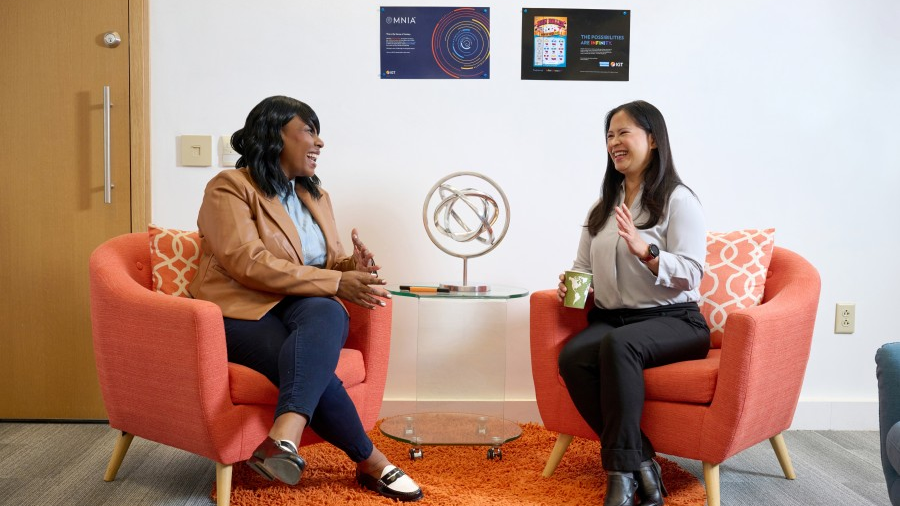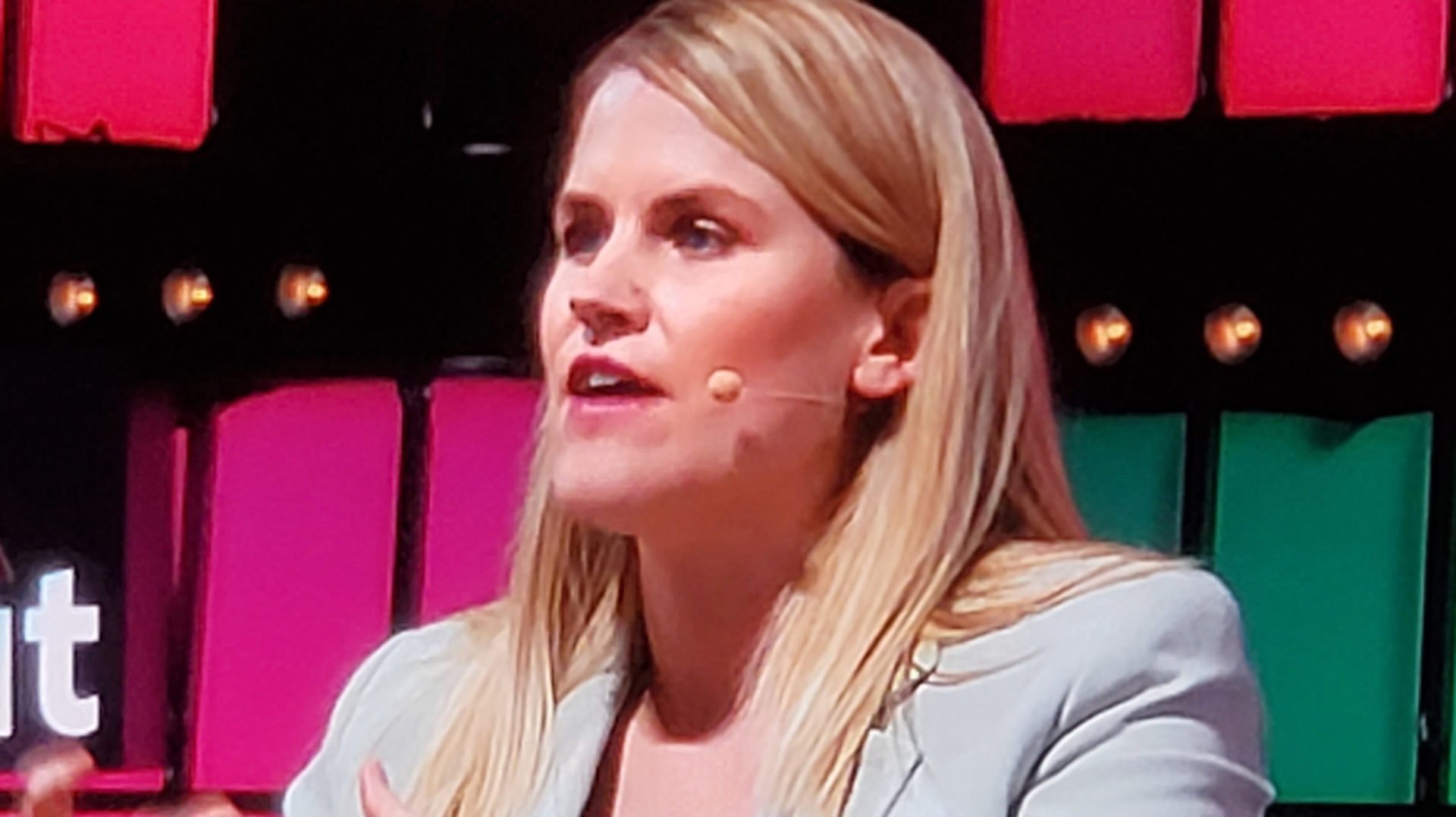- Congressional Democrats call for an internet bill of rights.
- Philanthropists launch a prize rewarding creative ways to instill ethical thinking into American computer science curricula.
- An open-source project spearheaded by World Wide Web inventor Tim Berners-Lee seeks to shift control from the internet giants toward individuals .
- The CEO of the world’s biggest tech company acknowledges that regulation of tech is needed to protect society because the free market has failed.
- Tech company stocks plunge worldwide as concerns grow about disinformation, the impact of advertising business models, and whether the companies have the tools to remedy their social harms.
We are moving past the outrage phase of the internet backlash and into a period of considered reaction.
Tech execs characterize a litany of errors, misjudgments, and shortsightedness as the unintended consequences of technological advancement. But we’re becoming too familiar with the outcomes: consumers left vulnerable to misuse of their data and whole communities in every part of the world plagued by misinformation and disinformation.
Now business, government and civil society are aligning around the need to balance growth with a larger sense of responsibility. This will be a central theme at next month’s Techonomy 2018 conference. We will bring together leaders from each of these sectors, including Berners-Lee, a top White House technologist, and one of the creators of the tech education prize. Each is energized by current events — and can address the new and greater challenges that are emerging as technologies like AI and machine learning, voice, and 5G networks change the landscape.
 We begin our conference with the inventor of the World Wide Web — Berners-Lee (at left). He sees his creation now sowing inequality and division. Last month he launched Inrupt, a startup meant to decentralize the web and take power away from the internet giants and give it to users. It builds on an open-source project called Solid.
We begin our conference with the inventor of the World Wide Web — Berners-Lee (at left). He sees his creation now sowing inequality and division. Last month he launched Inrupt, a startup meant to decentralize the web and take power away from the internet giants and give it to users. It builds on an open-source project called Solid.
Grappling with many of the same problems, but through a very different lens, is Michael Kratsios, deputy CTO at the White House Office of Science and Technology Policy. We’ll hear from him about how the administration hopes to encourage innovation in government and in the American economy, while facing a tech ecosystem dominated by a few gigantic companies. The president, for his part, has criticized the net giants, saying they suppress conservative voices.
Paula Goldman, global lead of the Tech and Society Solutions Lab at Omidyar Network will come on stage with Terah Lyons, executive director of the Partnership on Artificial Intelligence. Both are intent on bringing ethical considerations to the forefront of the tech ecosystem and innovation. Goldman helped create that prize for ethics in computer science education and also helped create a new “ethical operating system for tech,” to help guide programmers and companies think through the implications of inventions before they launch them. Lyons leads a consortium of tech companies and leaders that aim to insure AI is a force for good.
 And we’ll partner with the Intelligence Squared Debates to ask the question that sits at the center of the crisis: Has Silicon Valley lost its soul? Tech journalist and author Noam Cohen, who covers the influence of digital technologies on global culture and the economy, teams up Harvard’s Dipayan Ghosh, who
And we’ll partner with the Intelligence Squared Debates to ask the question that sits at the center of the crisis: Has Silicon Valley lost its soul? Tech journalist and author Noam Cohen, who covers the influence of digital technologies on global culture and the economy, teams up Harvard’s Dipayan Ghosh, who
This is a critical moment for technology. It is on a path to recreate every aspect of our lives, and in doing so, should create unprecedented opportunity. And yet this is also a moment of multiple crises. Business, government and civil society all increasingly recognize that if we do not stop and apply the lessons of the past several years, we will face even more disturbing consequences.
This is all a stunning turn from even last year’s Techonomy conference. And we take it all on directly, with those who are in the middle of it. We’ll have the whole event livestreaming from our home page starting November 11.















